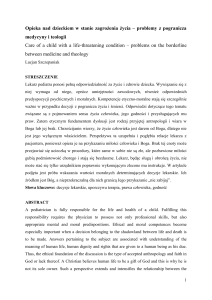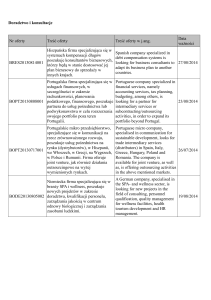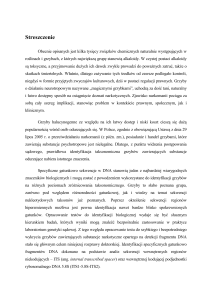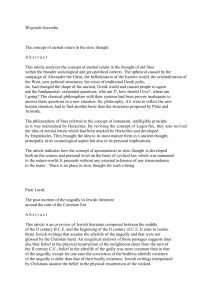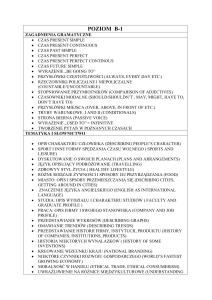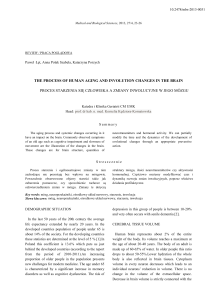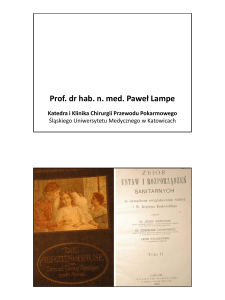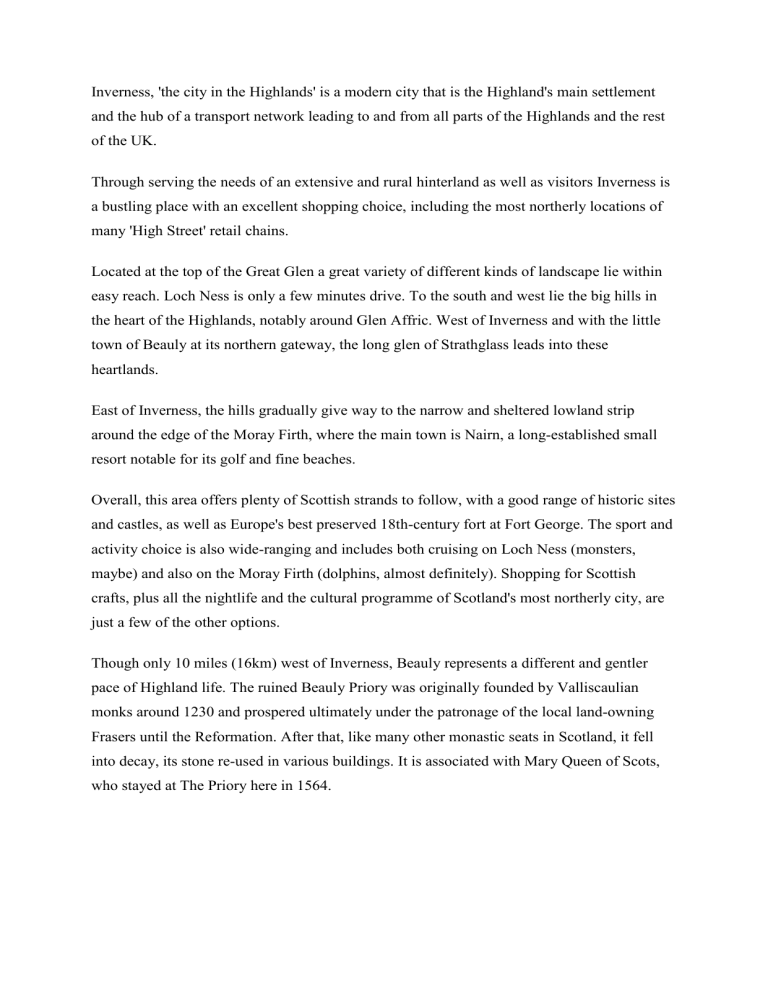
Inverness, 'the city in the Highlands' is a modern city that is the Highland's main settlement
and the hub of a transport network leading to and from all parts of the Highlands and the rest
of the UK.
Through serving the needs of an extensive and rural hinterland as well as visitors Inverness is
a bustling place with an excellent shopping choice, including the most northerly locations of
many 'High Street' retail chains.
Located at the top of the Great Glen a great variety of different kinds of landscape lie within
easy reach. Loch Ness is only a few minutes drive. To the south and west lie the big hills in
the heart of the Highlands, notably around Glen Affric. West of Inverness and with the little
town of Beauly at its northern gateway, the long glen of Strathglass leads into these
heartlands.
East of Inverness, the hills gradually give way to the narrow and sheltered lowland strip
around the edge of the Moray Firth, where the main town is Nairn, a long-established small
resort notable for its golf and fine beaches.
Overall, this area offers plenty of Scottish strands to follow, with a good range of historic sites
and castles, as well as Europe's best preserved 18th-century fort at Fort George. The sport and
activity choice is also wide-ranging and includes both cruising on Loch Ness (monsters,
maybe) and also on the Moray Firth (dolphins, almost definitely). Shopping for Scottish
crafts, plus all the nightlife and the cultural programme of Scotland's most northerly city, are
just a few of the other options.
Though only 10 miles (16km) west of Inverness, Beauly represents a different and gentler
pace of Highland life. The ruined Beauly Priory was originally founded by Valliscaulian
monks around 1230 and prospered ultimately under the patronage of the local land-owning
Frasers until the Reformation. After that, like many other monastic seats in Scotland, it fell
into decay, its stone re-used in various buildings. It is associated with Mary Queen of Scots,
who stayed at The Priory here in 1564.
Inverness jest nowoczesnym, głównym ośrodkiem miejskim i węzłem komunikacyjnym
Pogórza, z którego można dotrzeć do pozostałych regionów Szkocji i całej Wielkiej Brytanii.
Jako zaplecze rozległego wiejskiego regionu i jednocześnie miasto turystyczne, Inverness
tętni życiem i oferuje szeroki wybór sklepów. Można tu znaleźć m.in. najbardziej wysunięte
na północ filie wielu najpopularniejszych sieci handlowych.
Ze względu na położenie miasta u szczytu Wielkiej Doliny łatwo stąd dotrzeć do wielu miejsc
o różnorodnym krajobrazie. Do jeziora Loch Ness można dojechać samochodem zaledwie w
pięć minut. Kierując się na południe i na wschód znajdziemy rozległe wzgórza położone w
samym sercu Pogórza, szczególnie w okolicy Parku Narodowego Glen Affric. Na zachód od
Inverness rozciąga się w głąb regionu długa dolina Strathglass z małym miasteczkiem Beauly.
Na wschód od Inverness wzgórza stopniowo zamieniają się w wąską, osłoniętą nizinę
otaczającą Zatokę Moray, na terenie której głównym miastem jest Nairn, mały kurort
odwiedzany od wielu lat głównie przez graczy golfa i miłośników pięknych plaż.
Obszar ten ma do zaoferowania wiele szlaków turystycznych, obfitujących w historyczne
miejsca
i
zamki.
Pochwalić
się
też
może
najlepiej
zachowanym
w
Europie
osiemnastowiecznym fortem w Fort George. Wybór atrakcji sportowo-turystycznych jest
szeroki – można udać się w rejs po jeziorze Loch Ness (i być może spotkać potwora) lub po
zatoce Moray (i prawie na pewno zobaczyć dolfiny). Można także m. in. poznać szeroki
asortyment szkockiego rękodzieła oraz życie kulinarne i nocne miasta.
Wydaje się, że położone zaledwie 16 km na zachód od Inverness Beauly jest miastem
Pogórza, w którym górzyste życie jest zupełnie inne i łagodne. Opactwo w Beauly, obecnie w
ruinie, zostało założone przez Cystersów około 1230 roku, a swój najlepszy okres miało pod
patronatem Frazerów, aż do czasu Reformacji. Później, jak wiele innych klasztorów w
Szkocji, popadł w zapomnienie, a jego kamieni użyto przy budowie różnych budynków.
Istotnym wydarzeniem w historii klasztoru była wizyta Marii Stuart.

